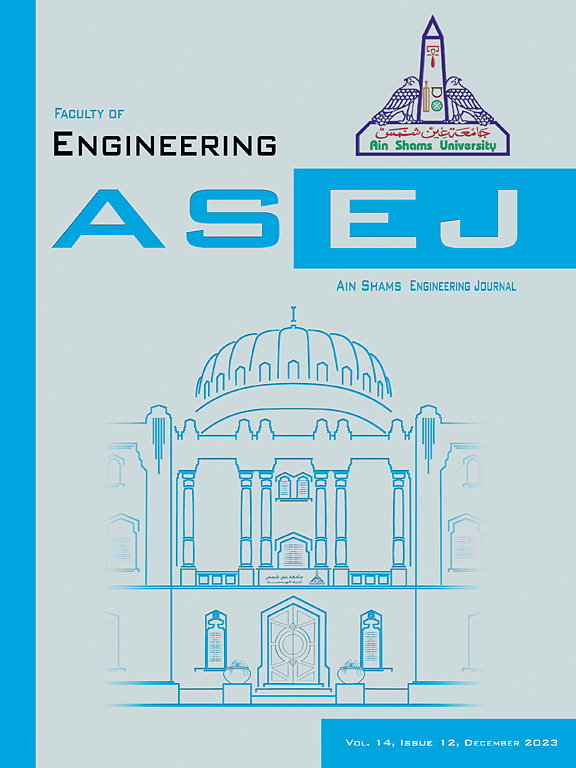Predicting hydropower generation: A comparative analysis of Machine learning models and optimization algorithms for enhanced forecasting accuracy and operational efficiency
IF 6
2区 工程技术
Q1 ENGINEERING, MULTIDISCIPLINARY
引用次数: 0
Abstract
Exponential global population growth and rapid technological advancements have increased electricity demand, strained the fossil fuel-reliant energy infrastructure, and exacerbated environmental issues like greenhouse gas emissions and climate change. Transitioning to sustainable energy sources is essential for balancing energy needs with environmental conservation. Hydropower is a significant renewable resource due to its cost-effectiveness, low environmental impact, and capability to meet peak electricity demands. Optimizing hydropower generation is crucial for addressing economic and environmental concerns, though it requires comprehensive monitoring and understanding of energy conversion processes. Machine Learning techniques such as integrated Gradient Boosting and Categorical Gradient Boosting, optimized with Hunger Games search, Chaos game optimization, and Archimedes Optimization Algorithm algorithms, are used to forecast and optimize hydropower generation. The dataset involved hydropower generation data from 1819 records gathered from a particular watershed. The framework is designed to tackle challenges in the prediction of hydropower generation by effectively managing complex, multivariate data. Between the tested models, the integrated CatBoost- hunger Games search model brings out exceptional predictive accuracy, with a Coefficient of Determination of 0.9075 and a Root Mean Square Error of 45.2130 during testing. This examination’s contributions comprise the creation of a scalable, data-driven method for hydropower optimization, the illustration of its capability to decrease prediction errors remarkably, and its practical application in renewable energy management. These reports highlight the potential of the proposed configuration to elevate hydropower prediction accuracy and support the transition to sustainable energy frameworks.

求助全文
约1分钟内获得全文
求助全文
来源期刊

Ain Shams Engineering Journal
Engineering-General Engineering
CiteScore
10.80
自引率
13.30%
发文量
441
审稿时长
49 weeks
期刊介绍:
in Shams Engineering Journal is an international journal devoted to publication of peer reviewed original high-quality research papers and review papers in both traditional topics and those of emerging science and technology. Areas of both theoretical and fundamental interest as well as those concerning industrial applications, emerging instrumental techniques and those which have some practical application to an aspect of human endeavor, such as the preservation of the environment, health, waste disposal are welcome. The overall focus is on original and rigorous scientific research results which have generic significance.
Ain Shams Engineering Journal focuses upon aspects of mechanical engineering, electrical engineering, civil engineering, chemical engineering, petroleum engineering, environmental engineering, architectural and urban planning engineering. Papers in which knowledge from other disciplines is integrated with engineering are especially welcome like nanotechnology, material sciences, and computational methods as well as applied basic sciences: engineering mathematics, physics and chemistry.
 求助内容:
求助内容: 应助结果提醒方式:
应助结果提醒方式:


